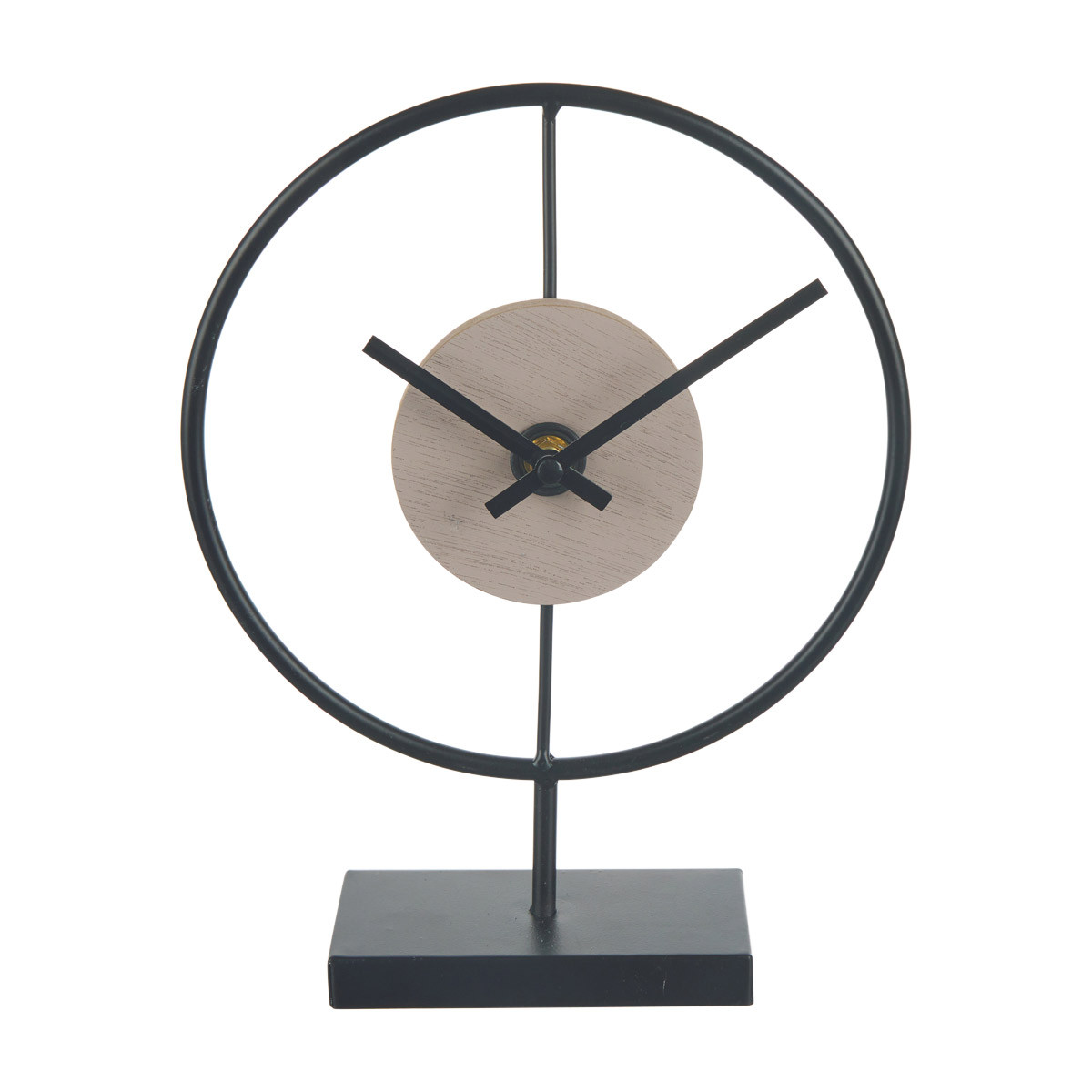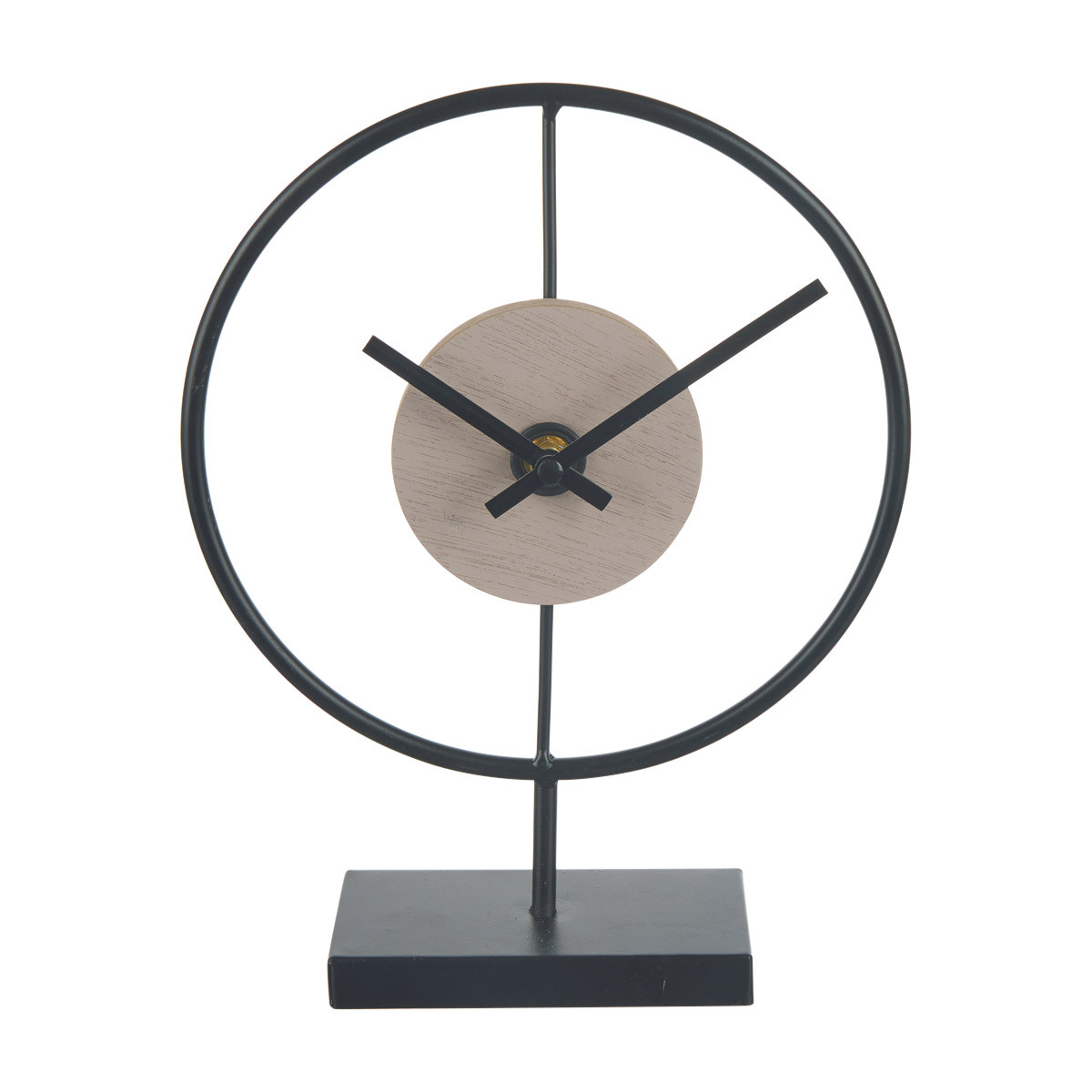Swank meaning goes beyond simple elegance; it’s a sophisticated blend of style, attitude, and a certain je ne sais quoi. This exploration dives into the nuances of “swank,” tracing its evolution from historical usage to its modern interpretations in fashion, lifestyle, and popular culture. We’ll unpack the subtle differences between swank and similar words like “stylish” or “posh,” examining how context shapes its connotation and the feelings it evokes.
From the effortlessly cool attire of a fashion icon to the luxurious ambiance of a high-end establishment, we’ll uncover the multifaceted nature of swank. We’ll delve into how it’s used in literature, film, and music, exploring both its genuine and ironic applications. Prepare to refine your understanding of this captivating word and its enduring appeal.
Understanding Swank
Swank, a word often associated with a certain level of sophistication and stylishness, carries a subtle yet distinct meaning that sets it apart from similar terms. This exploration delves into the nuances of “swank,” examining its historical context, usage across various settings, and the emotions it evokes.
Defining “Swank”
Swank, at its core, signifies a stylish and sophisticated elegance, often with an air of ostentation or showy extravagance. It suggests a deliberate effort to impress, a flair for the dramatic, and a confident display of wealth or high social standing. Unlike “stylish,” which can be understated, or “elegant,” which implies refined simplicity, “swank” carries a more flamboyant connotation. “Posh,” while also suggesting high social status, often implies a more traditional or established elegance, whereas “swank” can be more modern and even a bit brash.
Historically, “swank” emerged in the early 20th century, initially carrying a slightly negative connotation, suggesting boastfulness or pretentiousness. Over time, however, its meaning evolved, encompassing a more positive aspect of stylish confidence and self-assured display of wealth and taste. The word’s usage reflects a shift in cultural attitudes towards displays of affluence and sophistication.
Swank means stylish and luxurious, right? It’s all about that high-end vibe. So, you’re probably wondering how that relates to whether or not Thanos, the purple powerhouse, is chilling in the Squid Game universe – check it out here: is thanos alive in squid game. The answer might surprise you, but either way, it’s a far cry from the swanky lifestyle swank implies!
| Word | Connotation | Example | Emphasis |
|---|---|---|---|
| Swank | Stylish, sophisticated, often ostentatious | “The swank nightclub attracted a glamorous crowd.” | Showy elegance |
| Stylish | Fashionable, well-dressed | “He was always stylishly dressed.” | Trendy appearance |
| Elegant | Refined, graceful, understated | “Her elegant gown turned heads.” | Subtle sophistication |
| Posh | High-class, luxurious, often traditional | “They lived in a posh neighborhood.” | Established wealth |
Swank in Different Contexts

The word “swank” finds its application in diverse contexts, shaping its meaning based on the environment and its usage. This section explores the multifaceted use of “swank” in describing various aspects of life, ranging from fashion to lifestyles.
In fashion, “swank” describes attire that is not merely stylish but also makes a bold statement. For instance, a “swank” outfit might include a velvet tuxedo, a dazzling cocktail dress, or custom-made shoes with eye-catching details. Think of the outfits worn by characters in the Great Gatsby, often described as “swank” or “swanky”.
Describing places, events, or lifestyles, “swank” denotes an air of luxuriousness and extravagance. A “swank” restaurant might boast Michelin-star cuisine and an impeccably designed interior, while a “swank” party would be characterized by high-profile guests, lavish decorations, and a generally opulent atmosphere. The lifestyle of a celebrity often described as living “the swank life” is replete with luxury goods and experiences.
While “swank” can be used in formal settings (e.g., “the swank hotel hosted a gala event”), its informal use is equally common (e.g., “that’s a swanky car!”). The context subtly adjusts the word’s connotation, from a more formal, descriptive term to a more casual, expressive one.
Short Story: The annual charity gala was the epitome of swank. Crystal chandeliers glittered above a sea of exquisitely dressed guests, their laughter mingling with the smooth sounds of a jazz band. Amelia, in her shimmering emerald gown, felt the thrill of being part of this extravagant spectacle, a world away from her everyday life. The air hummed with the unspoken understanding that this night was a celebration of wealth, taste, and a certain undeniable swank.
Swank and its Associated Feelings
The emotional response to “swank” is multifaceted, encompassing both positive and negative aspects. This section delves into the feelings evoked by the word, exploring its contextual nuances.
Typically, “swank” evokes feelings of admiration, envy, and a sense of awe. It suggests a level of sophistication and confidence that can be inspiring or even aspirational. However, it can also carry negative connotations, particularly when associated with ostentation or pretentiousness, leading to feelings of disapproval or even disdain. The context in which “swank” is used heavily influences the perceived emotion.
Adjectives that accurately describe something “swanky” include: glamorous, luxurious, opulent, stylish, sophisticated, elegant, flashy, extravagant, impressive, and sometimes, even pretentious or showy.
Visual Representations of “Swank”, Swank meaning
Visualizing “swank” involves capturing the sensory details that contribute to its overall impression. This section provides detailed descriptions that aim to evoke the essence of “swank” through vivid imagery.
Scene: Imagine a dimly lit jazz club, the air thick with the scent of expensive cigars and perfume. Velvet drapes frame the stage, where a band in sharp tuxedos plays soulful melodies. Crystal glasses clink, reflecting the soft glow of the chandeliers. The room is a tapestry of rich textures – smooth leather, polished wood, and shimmering fabrics – all contributing to an atmosphere of luxurious sophistication.
Person: A man in a perfectly tailored suit, his silk tie knotted with effortless grace. His shoes gleam, reflecting the light. He carries himself with an air of quiet confidence, his every movement precise and deliberate. His expression is a mix of amusement and self-assurance, radiating an undeniable aura of swank.
Word Picture: Ebony and gold. The glint of champagne bubbles. A whisper of silk against skin. The low thrum of jazz. A knowing smile.
Colors and Textures: Deep jewel tones, rich velvets, polished chrome, smooth leather, and shimmering fabrics all contribute to a “swank” aesthetic. The interplay of these colors and textures creates a sense of luxurious indulgence and refined taste.
Swank in Popular Culture
The word “swank” and its associated concepts have found their way into various forms of popular culture, influencing its meaning and perception. This section examines its usage in literature, film, and music.
Swank means stylish and luxurious, right? Think fancy cars and five-star hotels. But sometimes, even swanky lifestyles have unexpected bumps; for example, check out what happened when khabib kicked off a plane – not exactly the epitome of smooth sailing, is it? So, while swank implies effortless cool, real life, even for the famous, can be a bit less polished.
While not as prevalent as some other words, “swank” can be found subtly woven into the fabric of various works. The imagery of lavish parties and opulent lifestyles in F. Scott Fitzgerald’s
-The Great Gatsby*, for example, perfectly encapsulates the essence of “swank.” Certain films and music videos, especially those portraying affluent lifestyles, might use the word or evoke its feeling through their visual and auditory elements.
The use of “swank” can be both straightforward and ironic, depending on the context.
Swank means stylish and luxurious, right? Think high-roller stuff. It’s interesting to consider how that contrasts with the news about Khabib Nurmagomedov, who was reportedly removed from a plane – khabib removed from plane – a situation hardly synonymous with swanky travel. The stark difference highlights how swank isn’t just about material possessions, but also about smooth, effortless experiences.
- Jay Gatsby (*The Great Gatsby*)
- Characters in various films depicting the Jazz Age
- Certain musicians associated with a luxurious lifestyle
End of Discussion: Swank Meaning
Ultimately, understanding “swank meaning” requires appreciating its multifaceted nature. It’s not merely a synonym for stylish; it’s a feeling, an attitude, a carefully curated aesthetic. Whether expressed through impeccable fashion, a luxurious setting, or a confident demeanor, swank represents a deliberate choice to exude a certain level of refined sophistication. This exploration hopefully provided a richer understanding of this often-misunderstood yet undeniably impactful word.
Clarifying Questions
Is “swank” always positive?
While often positive, “swank” can be used ironically or sarcastically to denote something pretentious or overly showy.
Can you use “swank” to describe a person?
Absolutely! It describes someone with a stylish, confident, and often slightly extravagant demeanor.
What’s the difference between “swank” and “chic”?
“Chic” often implies a more understated elegance, while “swank” suggests a bolder, more noticeable display of style.
Is “swank” a formal or informal word?
It can be both. Formal contexts might use it subtly, while informal settings might employ it with more playful irony.
